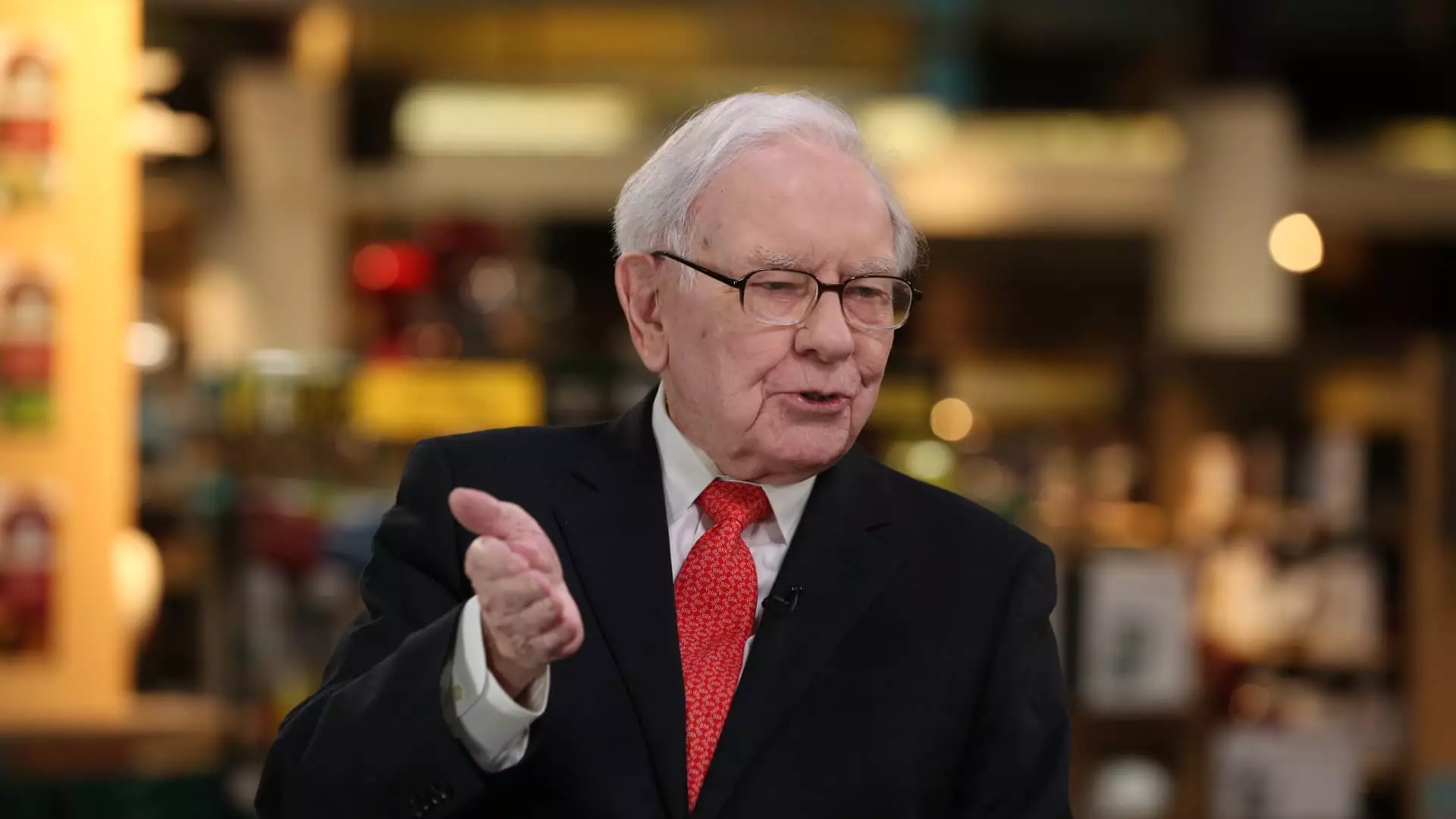The rise of populism and its influence on global trade has taken center stage, particularly with the election of leaders who leverage protectionist rhetoric. One of the most prominent examples in recent history is the presidency of Donald Trump. As the president-elect threatened to impose substantial tariffs on imports from Mexico, Canada, and China, the potential repercussions reverberated across both domestic and international markets. These actions stirred considerable debate among economists, thought leaders, and investors about the true impact of such trade policies on global economic dynamics.
Warren Buffett, the esteemed CEO of Berkshire Hathaway, has extensively weighed in on the adverse effects of aggressive tariff implementation. He characterized tariffs as a “tax on consumers,” emphasizing that they disrupt established pricing mechanisms and alter consumer behavior. This concept implies that tariffs could lead to inflated prices for everyday goods, which would ultimately diminish consumer purchasing power. In a consumer-driven economy, such increases could have profound consequences. Furthermore, Buffett’s assertion that tariffs could conflagrate trade wars introduces the notion that economic decoupling among nations could lead to a more chaotic market environment where retribution and counterproductive policies prevail.
The motivations for imposing tariffs, as per Trump’s administration, intertwined national security threats with economic concerns—citing issues like illegal immigration and drug trafficking as justifications for these trade barriers. However, critics argue that using such sensitive issues as leverage reinforces the perception of trade as a zero-sum game rather than a cooperative approach to diplomacy. This could mislead the public about the underlying complexities of international trade relationships and the long-term repercussions of nationalistic policies.
Buffett articulated the importance of a leader’s role in trade policy, arguing that effective communication and education concerning the rationale for such policies is essential. The public must grasp how changes in trade can affect their lives on a practical level. Without this understanding, the populace risks falling into the trap of nationalism that prioritizes short-term gains over sustainable long-term strategies.
A critical viewpoint is that the imposition of tariffs can lead to a retreat from globalization, where nations turn inward rather than fostering collaboration. This trend could hamper innovation, drive up costs, and create inefficiencies within the market. Buffett’s insights draw attention to the potential perils of moving away from a framework that has historically facilitated growth and economic stability.
As the world becomes increasingly interconnected, the reliance on free trade remains paramount; thus, leaders should strive to enhance global cooperation rather than fracture it through protectionist measures. Reflecting on history, the consequences of trade wars have often been dire, leading to economic downturns that disproportionately affect lower and middle-income consumers.
As we navigate the complexities of modern economies, the thoughtful balancing of trade policies is crucial for maintaining global stability and economic well-being. The perspectives shared by financial visionaries like Warren Buffett underscore the need for a more informed discourse around tariffs and trade. While protectionism may allure politically, its broader implications reveal that the path to prosperity lies in collaboration rather than division.


Leave a Reply